The idea of living off-grid is often romanticized as a peaceful, self-sufficient lifestyle free from modern constraints. While it can be incredibly rewarding, the reality is far more challenging than most people anticipate. From unpredictable weather to financial surprises, many off-grid enthusiasts quickly learn that the lifestyle requires much more than just a love for nature. Before making the leap, here are 12 things no one tells you about living off-grid.
1. It’s Not as Cheap as You Think
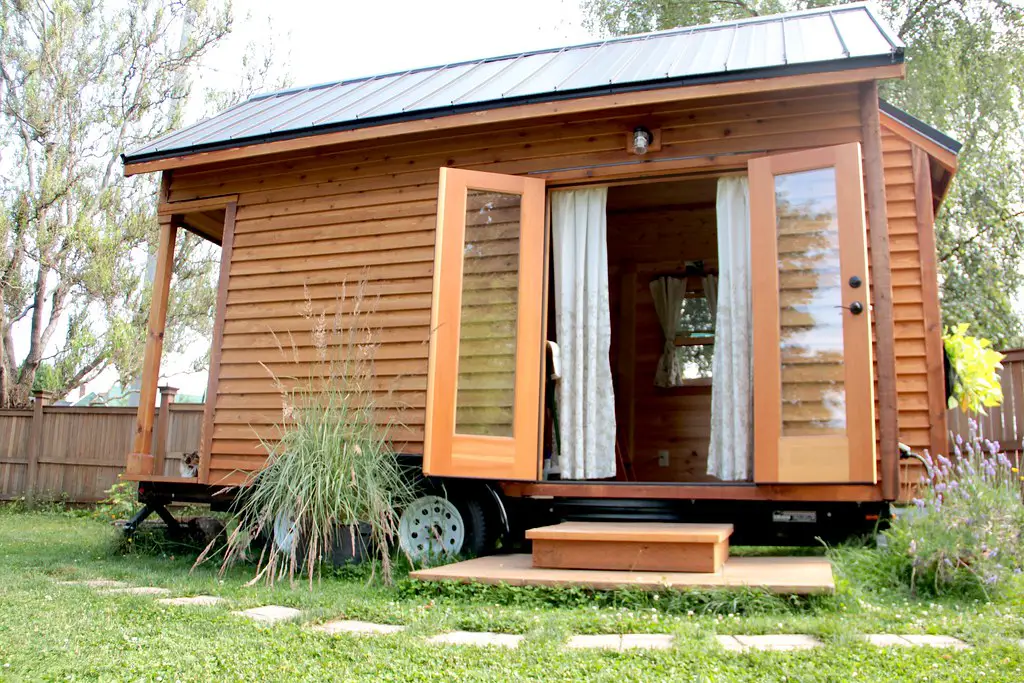
Many people assume that living off-grid means drastically reducing their expenses, but the upfront costs can be significant. Setting up solar panels, water filtration systems, composting toilets, and sustainable energy sources can add up to tens of thousands of dollars. Even maintaining these systems requires regular investments in repairs, replacements, and upkeep.
Additionally, property taxes, permits, and unexpected costs like road maintenance or emergency supplies can quickly add up. While it’s possible to save money in the long run, the initial investment is often far higher than expected. Off-grid living isn’t necessarily a path to instant financial freedom.
2. Power Supply Is Never Guaranteed
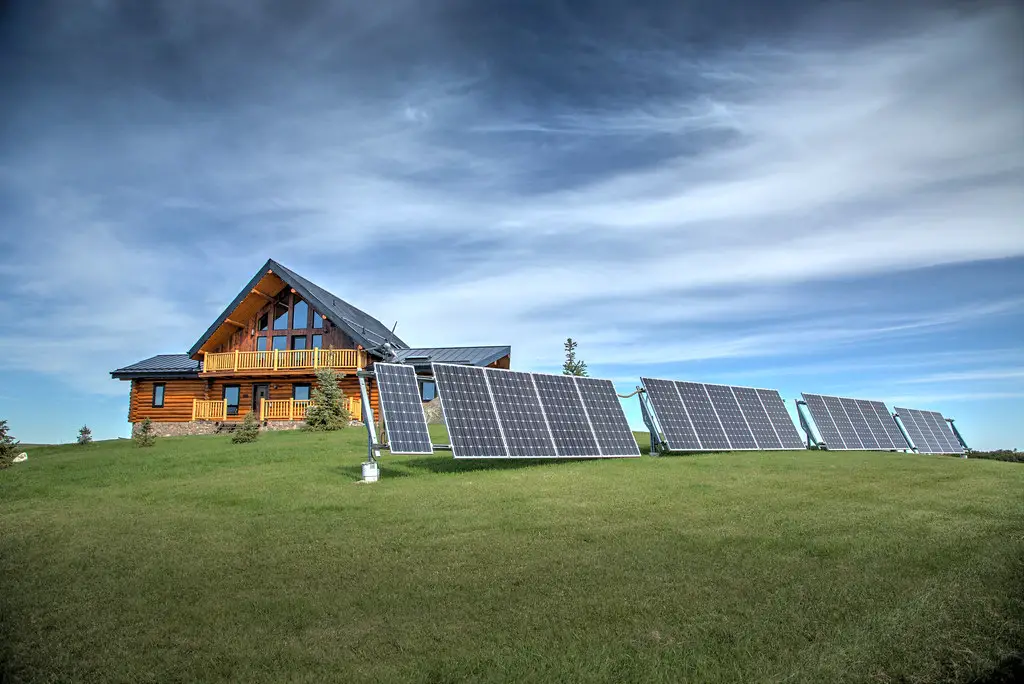
If you rely on solar panels, wind turbines, or other renewable energy sources, your power supply will be at the mercy of the weather. Overcast days, long winters, and low wind speeds can drastically reduce your energy output, forcing you to ration power or find alternative sources. Even with backup batteries, you might have to cut back on electricity usage during certain times of the year.
Many off-grid homeowners keep a generator for emergencies, but this means relying on expensive fuel and dealing with noise pollution. Learning how to manage and store energy efficiently becomes a daily responsibility, and miscalculating your power needs can leave you in the dark.
3. Water Collection and Filtration Are More Complex Than They Seem
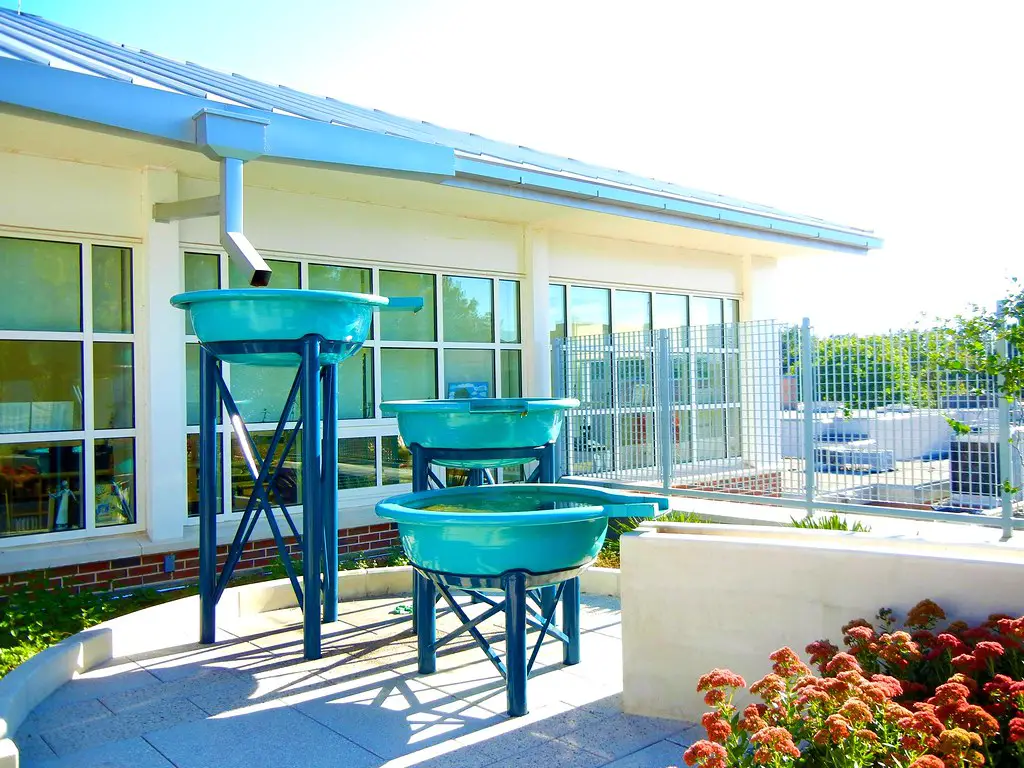
Having access to clean water is one of the biggest challenges of living off-grid. If you’re collecting rainwater, you’ll need proper storage tanks, filtration systems, and a backup supply for dry seasons. Wells can be a great option, but drilling one is expensive, and groundwater sources aren’t always reliable.
Even if you have a consistent water source, filtration is essential to remove bacteria, sediment, and contaminants. Many off-grid residents have to haul water manually or install complex plumbing systems to ensure a steady supply. Without proper planning, water shortages can become a serious issue.
4. Growing Your Own Food Is a Full-Time Job
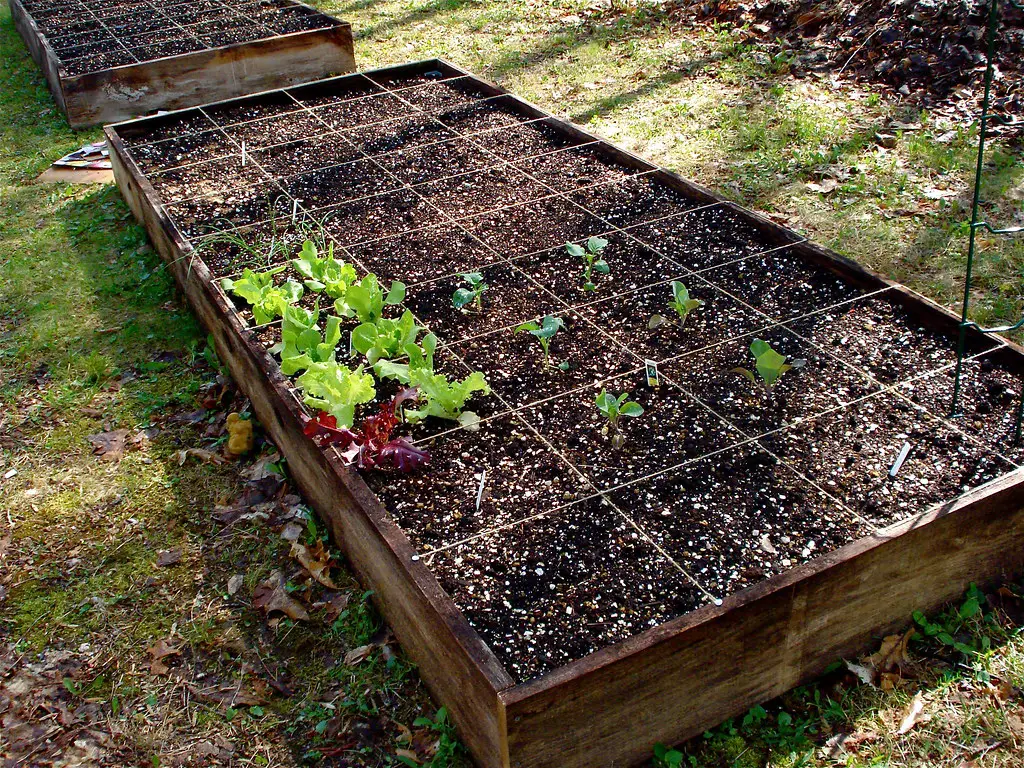
Many off-grid hopefuls dream of growing their own food, but maintaining a self-sustaining garden requires constant attention. Crops need the right soil, weather conditions, and pest control methods to thrive. One unexpected drought, frost, or infestation can wipe out an entire season’s worth of food.
Raising livestock can add another layer of complexity, requiring proper shelter, feeding schedules, and veterinary care. Even with careful planning, most off-grid residents still need to supplement their diet with store-bought goods. Food self-sufficiency takes years of experience and isn’t as simple as planting a few seeds.
5. Extreme Weather Can Be a Major Problem
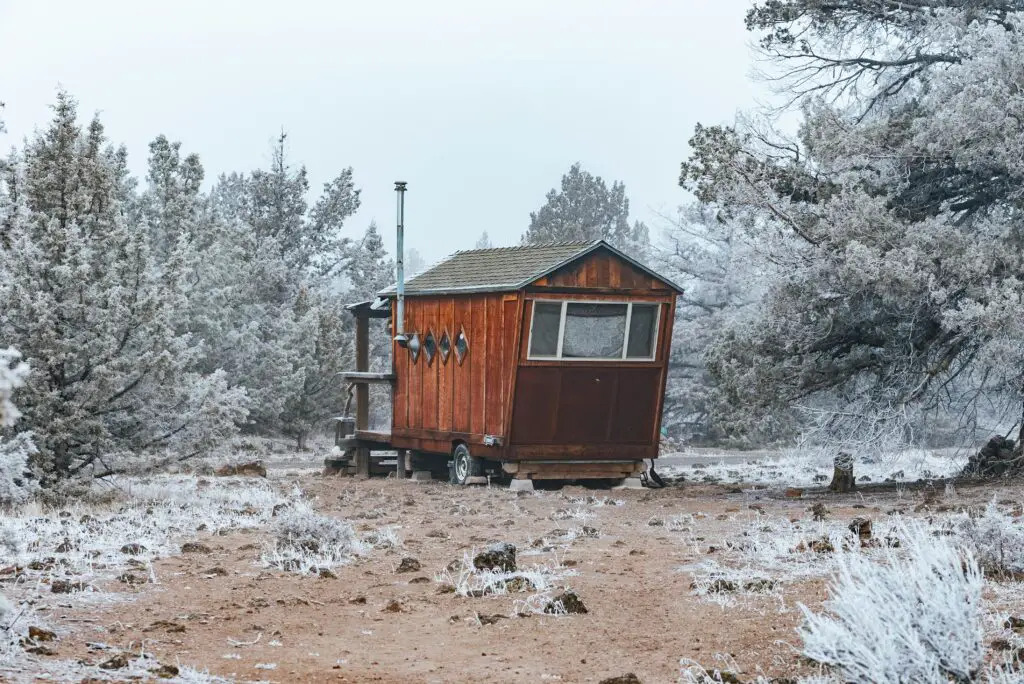
Living off-grid means you’re more exposed to the elements than in a traditional home. High winds, heavy snowfall, and extreme temperatures can make daily life difficult and even dangerous. A severe storm can damage solar panels, disrupt water supplies, and make roads impassable for weeks.
Preparing for extreme weather requires stockpiling supplies, reinforcing structures, and having a backup power source. Without access to city services like road plowing or emergency response teams, off-grid living can quickly become a survival situation during harsh weather conditions.
6. Medical Emergencies Are Riskier
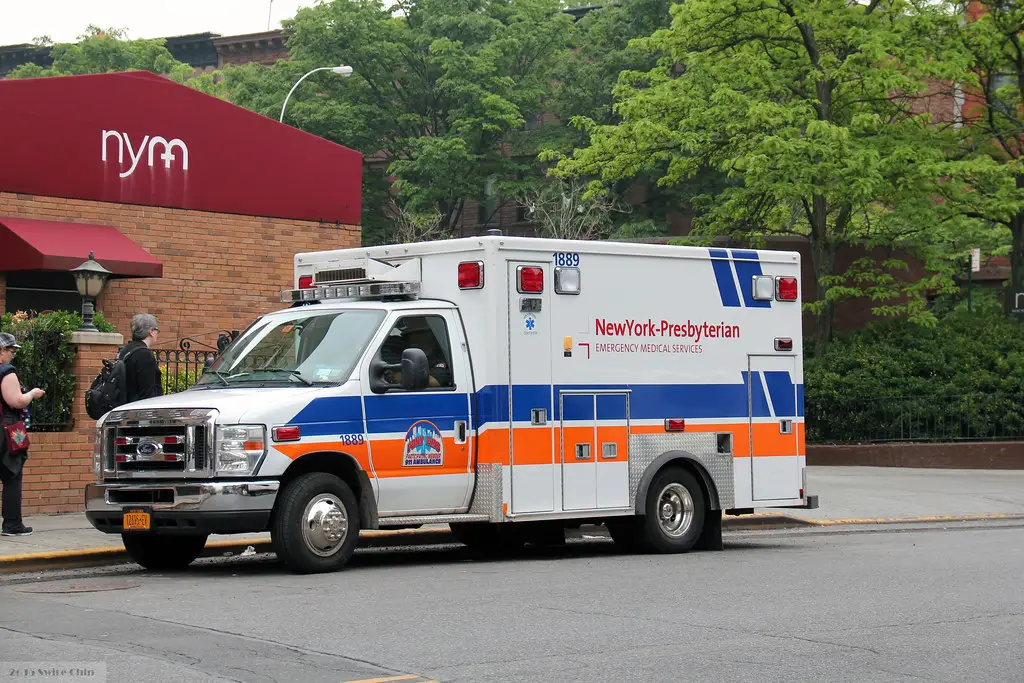
Being far from hospitals and emergency services is one of the biggest downsides to off-grid living. A simple injury, such as a deep cut or broken bone, can become a life-threatening situation if you’re hours away from medical help. Cell phone service may be unreliable, making it difficult to call for assistance.
Many off-grid dwellers take first aid courses and keep an extensive medical supply kit on hand. However, serious illnesses or accidents may still require immediate professional care. Having an evacuation plan for emergencies is a must.
7. Isolation Can Be Tough on Mental Health
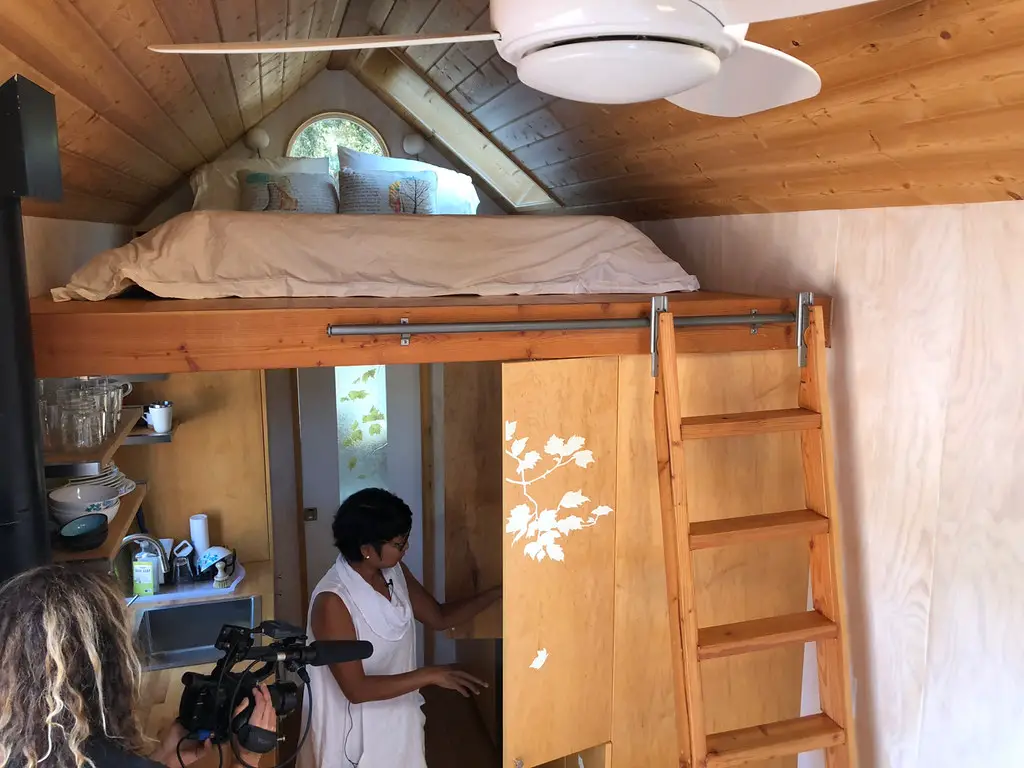
While escaping the noise and crowds of city life can be appealing, the isolation of off-grid living can be challenging. Social interactions become less frequent, and loneliness can set in, especially during winter months or bad weather. Without nearby neighbors, getting help in an emergency can be difficult.
Even if you enjoy solitude, the lack of human connection can take a toll over time. Many off-grid residents make an effort to stay connected through local communities, online forums, or regular trips to town. Finding a balance between independence and social interaction is crucial for long-term success.
8. Internet and Cell Service May Be Unreliable
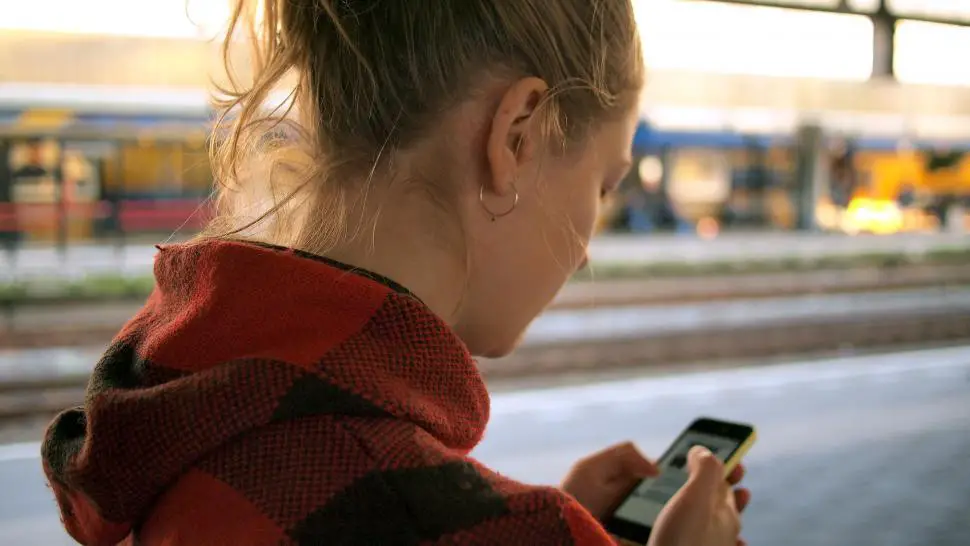
Staying connected while living off-grid isn’t always easy. Many remote areas have poor cell reception and limited internet access, making it difficult to work remotely or stay in touch with family and friends. Satellite internet can be an option, but it’s often expensive and slower than traditional broadband.
Even if you manage to get a decent connection, weather conditions can interfere with signals. For those who rely on internet access for income, researching reliable service providers before moving off-grid is essential.
9. Waste Disposal Is More Complicated
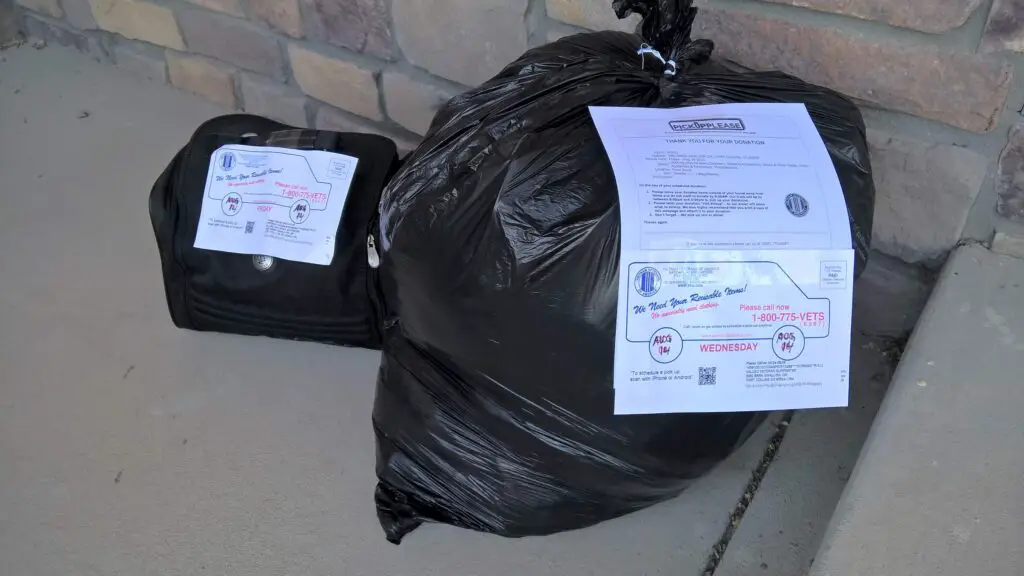
Without city trash collection, off-grid residents must manage their own waste disposal. Composting toilets, burn pits, and recycling systems all require proper maintenance and planning. If waste isn’t handled correctly, it can lead to unpleasant smells, environmental damage, or even health hazards.
Human waste management is particularly tricky, as composting toilets need regular maintenance, and septic systems require professional installation. Learning how to manage trash, recyclables, and sewage effectively is a crucial skill for off-grid living.
10. DIY Skills Are Essential
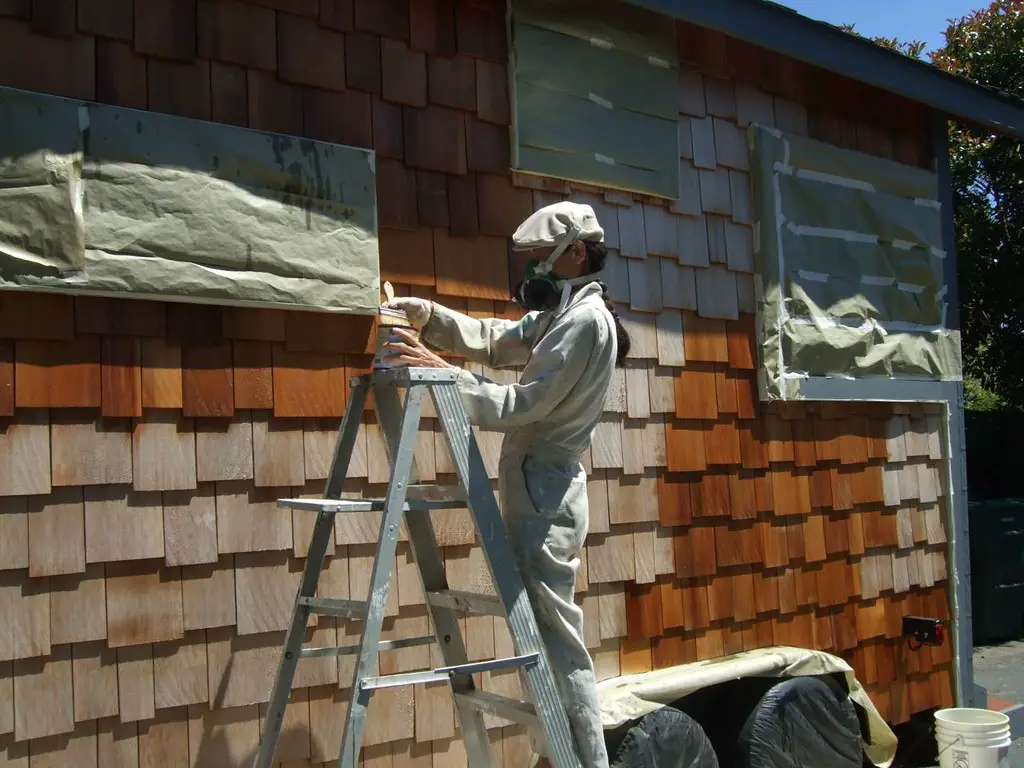
Living off-grid requires a level of self-sufficiency that many people underestimate. Basic carpentry, plumbing, electrical work, and mechanics become daily necessities. If something breaks, you won’t have the luxury of calling a repair service—fixing problems yourself is often the only option.
Many off-grid homeowners spend years learning new skills to maintain their homes, gardens, and energy systems. Without a solid foundation in problem-solving and DIY maintenance, off-grid living can quickly become overwhelming.
11. You’ll Need a Reliable Mode of Transportation
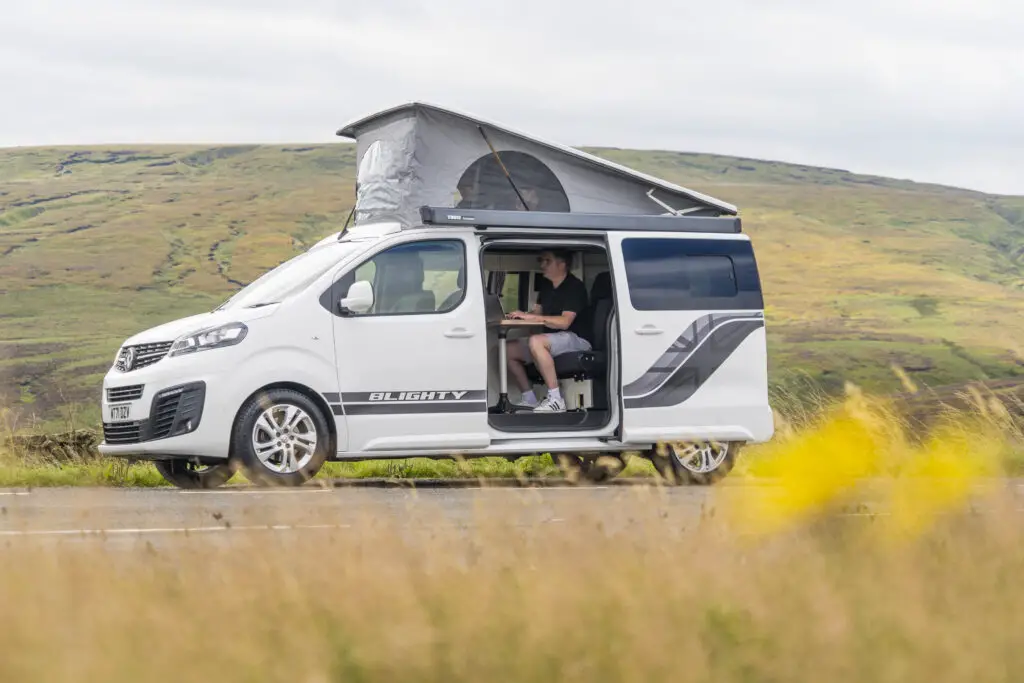
Living off-grid often means being miles away from the nearest grocery store, hospital, or town. A dependable vehicle is essential for hauling supplies, getting to work, or handling emergencies. However, rough terrain, unpaved roads, and extreme weather can make travel difficult.
Gasoline, maintenance, and repairs add to the cost of off-grid living, especially if you need a heavy-duty truck or ATV. Many off-grid dwellers keep extra fuel and vehicle parts on hand in case of breakdowns. Having a backup transportation plan is crucial for long-term sustainability.
12. It’s Not for Everyone
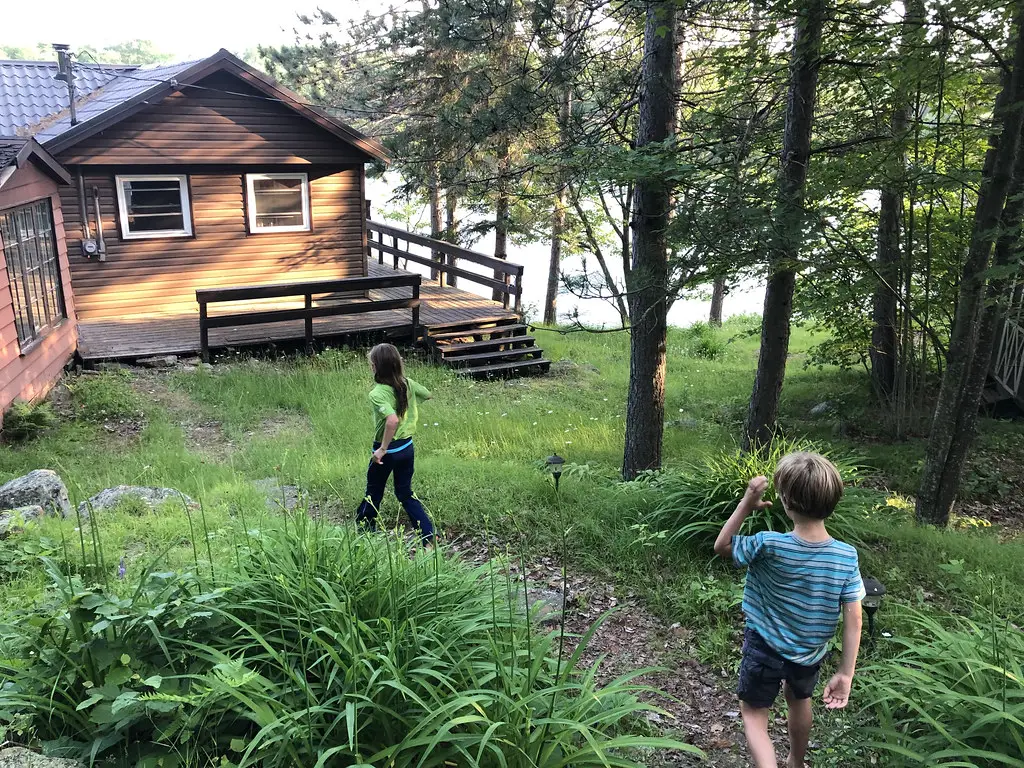
While off-grid living offers freedom and independence, it’s not a one-size-fits-all lifestyle. The reality of maintaining a home without modern conveniences can be exhausting, and many people find that it’s more work than they anticipated. The mental, physical, and financial demands of this lifestyle require a deep commitment.
Some people thrive in an off-grid environment, while others struggle with the isolation, constant maintenance, and unpredictable challenges. Before making the move, it’s important to test out off-grid living through extended stays or rentals to see if it’s truly the right fit.
